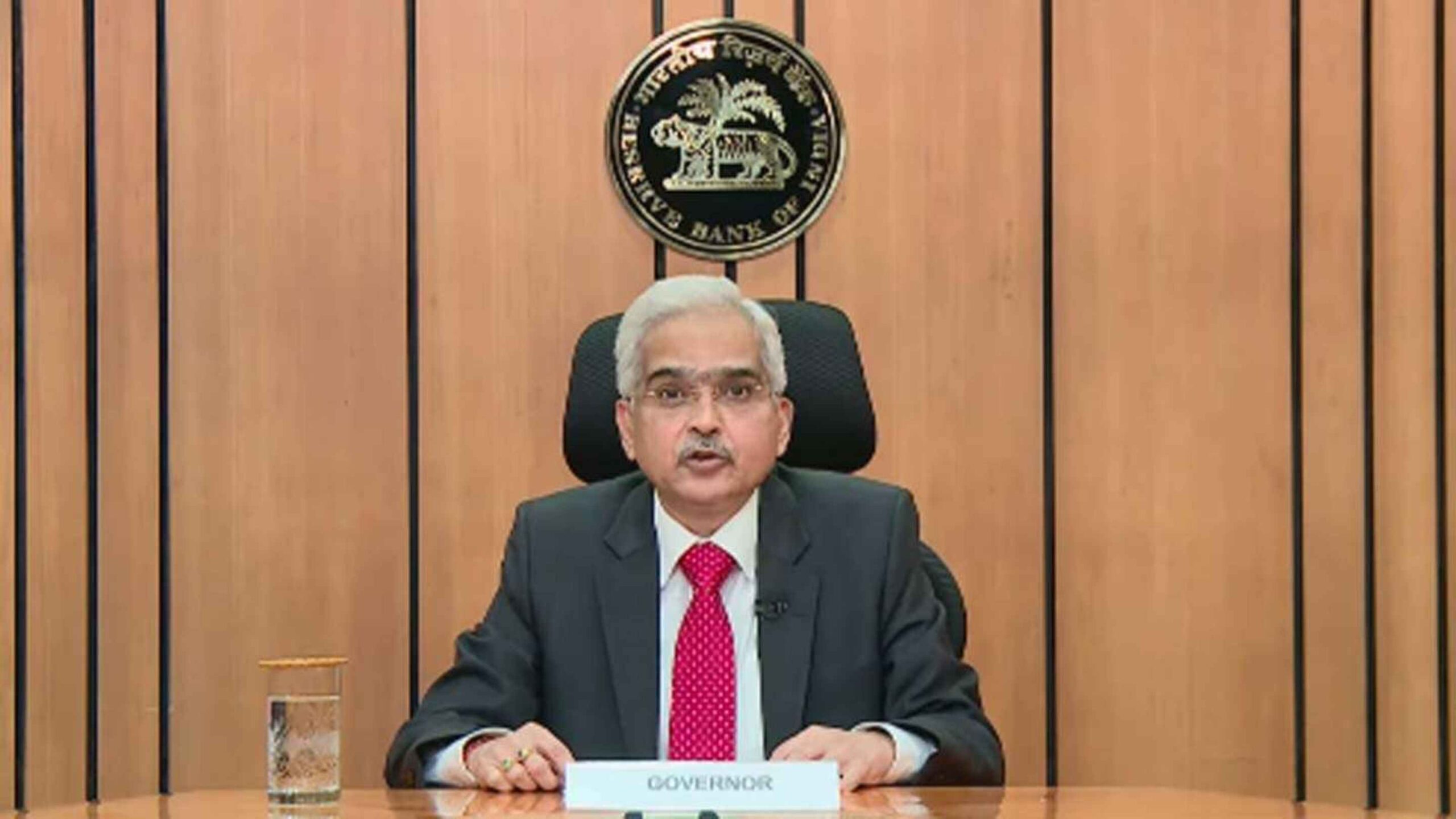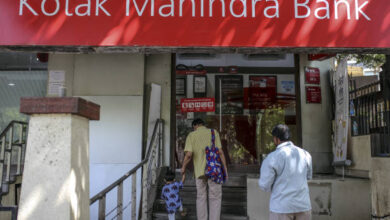Increase in benchmark lending rate will increase loan EMI, reduce home affordability
Increase in benchmark lending rate will increase loan EMI, reduce home affordability

Real estate experts said the Reserve Bank of India’s fifth hike in interest rates from May 2022, which now brings home loan rates to pre-Covid levels, will push up mortgage rates, impact monthly installments payable by home buyers and home loans. will reduce the cost of There will be a decrease in purchasing power.
Other experts say that rising interest rates could push up the rental market if potential home buyers find that buying a home is out of their budget.
On 7 December, the RBI raised the benchmark lending rate by 35 basis points to 6.25 per cent to control inflation, which has remained above the tolerance level for 11 months.
The benchmark rate has increased by 225 basis points since May. This latest hike comes after 40 bps in May and 50 bps in June, August and September.
“The RBI has been extremely prudent in its decision to increase the repo rate by 35 bps compared to the previous revisions,” said Shishir Baijal, chairman, asset consultant Knight Frank India. “Since the rate hike cycle in May 2022, home loan products have become costlier by about 150 bps prior to today’s hike.”
Lending rates have increased significantly, especially for loans linked to the External Benchmark-Based Lending Rate (EBLR), where the entire increase is passed on to borrowers. Loans linked to the marginal cost of funds based lending rate (MCLR) have increased by about 108 bps during this period.
Baijal said this hike will further impact EMIs and reduce home affordability.
Based on the impact of interest rates in this cycle, the Knight Frank Affordability Index has averaged a cumulative decline of 3 per cent across the country. The index tracks the EMI (Equated Monthly Installment) to total income ratio for an average household.
“The RBI decision…was quite expected. A relatively lower increase of 35 bps than earlier was also anticipated in the backdrop of more headroom available to the central bank, a visible cooling in inflationary pressures and signs of a moderation in Fed rate hikes,” said Samantak Das, Head said economist at Jones Lang LaSalle, a global firm that manages commercial property and investments.
An increase in the policy rate leads to higher lending rates, which affects the sentiment of the stakeholders. However, the softening in the repo rate hike augurs well for the real estate sector as its momentum has slowed down despite banks delaying or passing on the additional costs to borrowers moderately. This should continue to support momentum in residential markets, with India’s new apartment sales in the top seven metros expected to cross the 200,000 mark in 2022, the first time in a decade, he said.
A gradual moderation in inflation is also expected to partially ease input cost pressure and enable developers to offer homes with competitive prices and keep home affordability within limits, he said.
medium impact
Anuj Puri, chairman of property consultant ANAROCK Group, believes that as long as interest rates remain in single digits (within 9.5 per cent), the impact on housing will be moderate. If rates breach this point, “we will see some real pressure on residential sales volumes in the coming months – particularly in the affordable and lower mid-range housing segments,” he said.
India’s housing market is largely user driven. Unlike investors, users do not look for the lowest entry point but for the inherent value and benefits of home ownership. Puri said that until the number of users significantly outnumber investors, the interest rate-induced effect on housing sales would not be very pronounced.
Nevertheless, the cost of borrowing for both individuals and companies will increase, which will impact economic activity, said Dhruv Agarwal, Group CEO, Housing.com. Proptiger.com and Makaan.com.
“We think there should be no concern on the demand front while mortgage rates are below 10 per cent,” he said.
“Home loan interest rates going above 9 per cent may have some impact on residential sales. However, we believe the impact will not be significant as demand for new properties remains robust.” “We are of the view that the rate hike will not deter genuine home buyers from purchasing new properties.”
Rental market
With home loans getting costlier, potential homebuyers may opt for rentals.
“The repo rate is now close to a 4.5-year high and is likely to remain high for an extended period of time. Mortgage rates are now again at or higher than they were before covid, said Amarendra Sahu, founder, NestAway Technologies. “This will probably give more traction to the rental market. Renting will become significantly more affordable due to the rise in home buying costs and interest rates. Home rentals have little correlation with home loan rates. We expect The central bank will wait a long time before starting to cut rates, possibly in the later part of CY23.”
According to Niranjan Hiranandani, vice-chairman of the National Real Estate Development Council (NAREDCO), while loan costs remain in the low-regime interest rate zone and while floating home loan interest rates may hurt EMI payments temporarily, they will hurt in the long run. Positively average. run. run.
“While the property market may experience a reduction in sales to accommodate the rising EMI payments as well as evaluate moratorium options for a specified period of time, geo-political unrest, spiraling uncertainties and rising inflationary distress The sentiment of home ownership rides high on the back of the stability and social security that this property provides,” he added.
As banks will eventually pass on this increase to customers and this may impact the current momentum.” National (Confederation of Real Estate Developers Association of India). Nevertheless, with the Union Budget for FY24 around the corner, the impact can be mitigated through policy changes that will have a positive impact on consumers.





